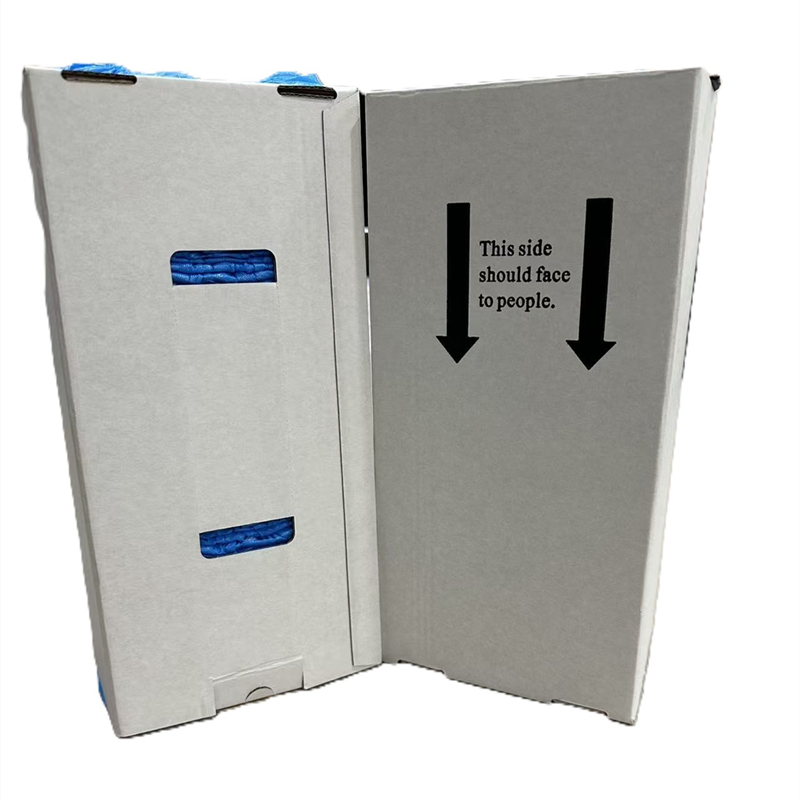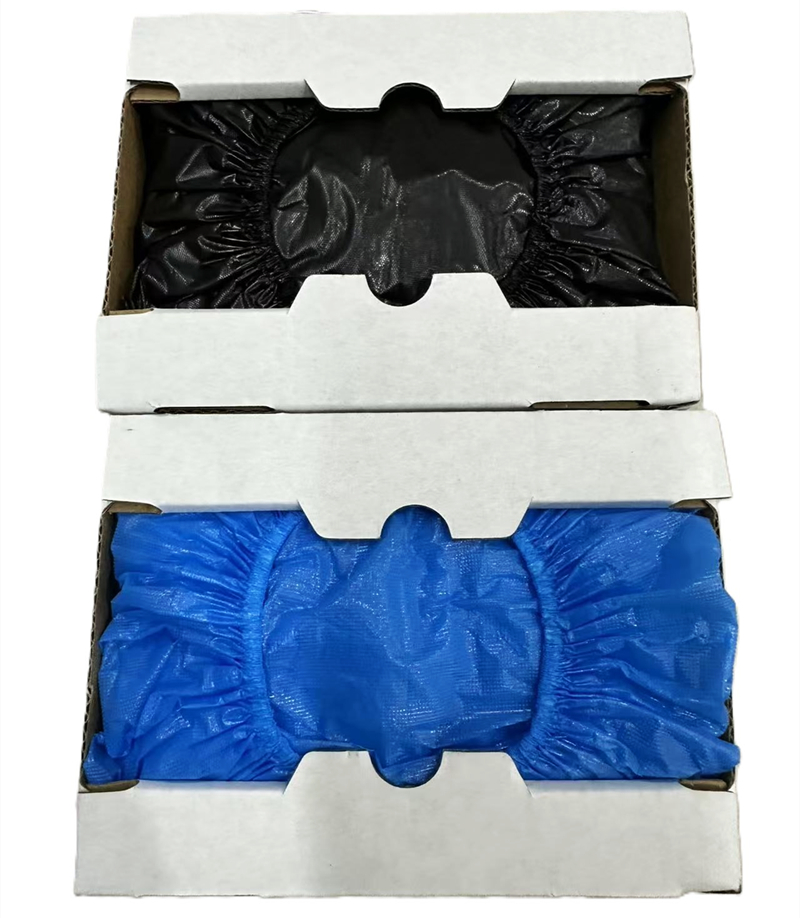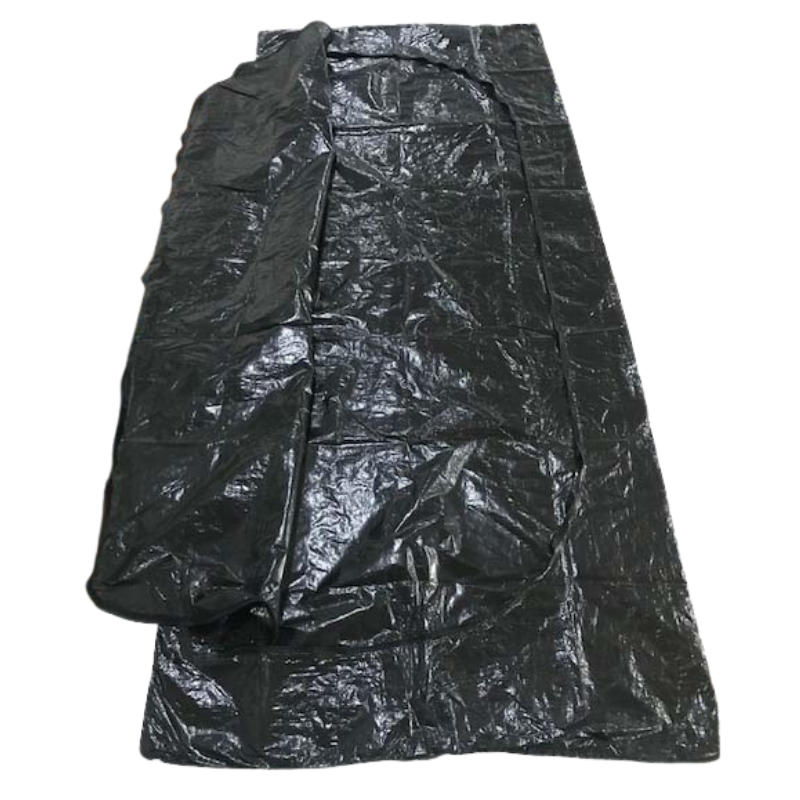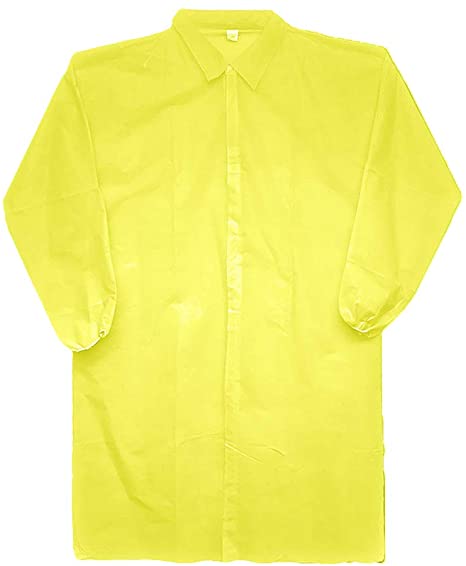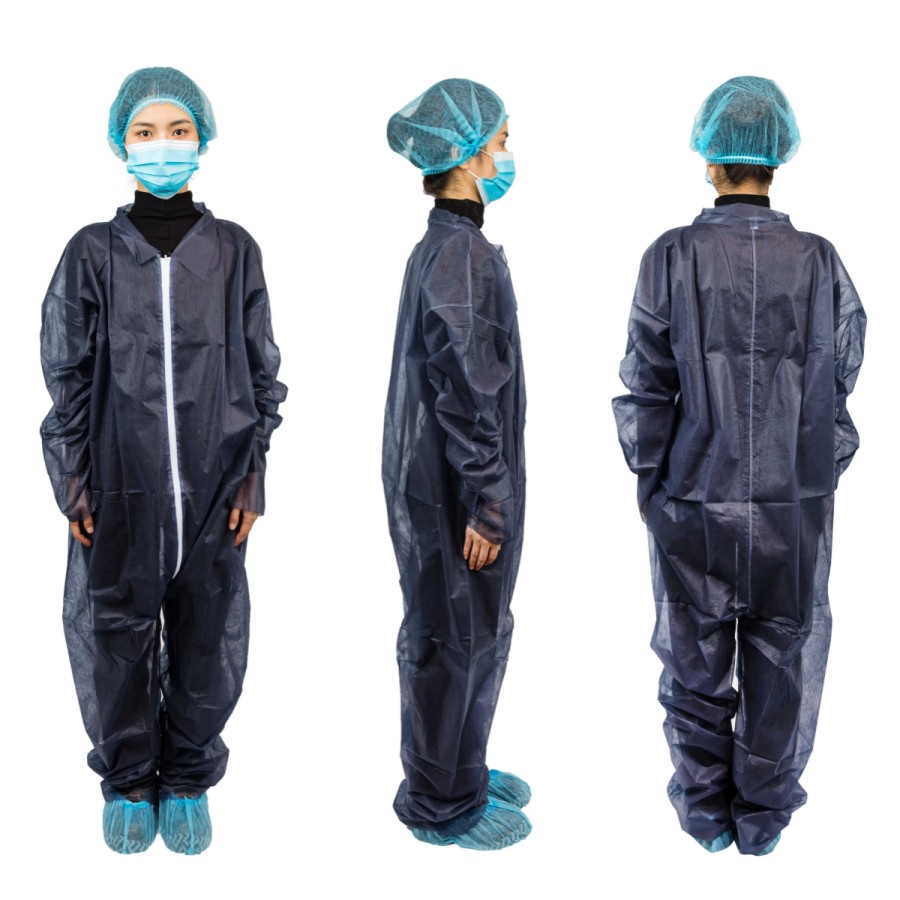White disposable coveralls are key in cleanroom environments. They help stop particules, dustet fibers from spreading. They support hygiene et quality every day. The white color helps teams see soil fast. The single use design helps reduce contamination risk. When your goal is steady control, white disposable coveralls in cleanroom areas make a strong, simple choice.

Why white disposable coveralls work in cleanroom
Blanc is not just a style. It is a safety tool.
- Soil shows fast. You can see dust, stainset splashes right away.
- Uniform look. A clean, bright look helps people focus on process et order.
- Light reflection. White clothes reflect light and help improve visibility in work zones.
- Color coding. Use white for high control areas and other colors for support zones.
When you can see a spot, you can change gear at once. This cuts spread and keeps the cleanroom stable.

Core advantages in cleanroom environments
Blanc combinaisons jetables bring a set of clear gains for cleanroom environments:
- Low lint. The fabric sheds very few fibers et particules.
- Particle control. The suit helps trap skin flakes, hairet dust.
- Barrier protection. It blocks light splashes et spray from tools and lines.
- Single use hygiene. Wear it once, then dispose. No carryover soil.
- Fast changeover. Donning et doffing are quick, with less downtime.
- Quality support. Less contamination means better yield and fewer defects.
- Team morale. Clean, comfortable suits help people focus on the job.

Materials that fit cleanroom work
Pick the matériel to match your room and task:
- PP non woven. Very light and low lint for dry, low-risk steps.
- SMS. Strong and breathable for long shifts and steady movement.
- Microporous film. Allows some airflow while it blocks particules and light splashes.
- PP+PE laminated zones. Extra liquid block on the front if needed.
If you need a standard white suit, try these proven styles:
- For daily white suits, see the trusted white disposable coveralls.
- For added airflow and barrier, explore microporous cleanroom coveralls.
- For ESD-sensitive steps, check anti static disposable coveralls.

Design features that help in clean zones
Look for small design points that make a big change in cleanroom results:
- Hood with a tight, even edge around the face gear
- Elastic cuffs et ankles to seal to gloves et boots
- Fermeture à glissière with a full storm flap to cover the front gap
- Taped seams or clean seams to lower particle escape
- Elastic waist to improve fit et range of motion
- Thumb loops (if used) to keep sleeves set under gloves
- Low lint outer face and smooth inner feel for comfort
Add head and foot cover to complete the set:
- For heads and necks, see a breathable disposable hood cover.
- For floors and benches, use shoe covers for clean rooms.

Anti static control in cleanroom
Static can attract dust et fibers. It can also affect electronics et sensors. In these areas, anti static suits help:
- They lower static build-up on the fabric.
- They help reduce particle lift and drift.
- They support ESD work with parts and boards.
For these tasks, pick anti static styles and match them with anti static shoe covers and grounding rules.
Comfort supports performance
People do their best work when they are comfortable. Choose suits that manage heat et movement:
- Respirant fabrics help control sweat on long shifts.
- Flexible cuts support reach, lift, and precision tasks.
- Léger suits lower fatigue.
A good fit stops gaps and keeps barrier levels high.

How to choose white disposable coveralls
Use this quick plan to choose the right suit:
- Map the task. Dry, wet, or splash risk? Any ESD risk?
- Pick material. PP for dry work, SMS for long wear, microporous ou PP+PE pour splash areas.
- Select features. Hood, storm flap, elastic cuffs, ankleset coutures étanches as needed.
- Size the team. Stock S à XXL and beyond to fit all.
- Plan add-ons. Add hoods, couvre-chaussureset sleeve covers for full cover.
Donning and doffing in cleanroom environments
Good SOPs keep your cleanroom stable. Train these short steps.
- Donning
- Check for tears ou holes
- Put on base items: hair cover, masket couvre-chaussures
- Step into the suit, pull to the waist
- Insert arms, close the zipper, press the storm flap
- Set the hood and pull gloves over cuffs
- Doffing
- Peel from the hood and shoulders down
- Roll the outside in to trap soil
- Remove gloves last
- Place all items in the right bin
Change the suit if it is soiled, torn, or after a zone change.
White color aids visual control
White helps with fast checks:
- You can spot stains, fiberset dust on the surface.
- Leads can scan a room and see clean vs dirty zones.
- Photos of the line show issues at a glance.
This visual cue helps supervisors et operators keep the room on track.

Cost, stock, and waste
White disposable coveralls also help with cost control:
- No laundry. You avoid wash and repair cycles.
- Fast issue. Simple donning lowers downtime.
- Predictable cost per wear. One suit, one task.
- FIFO stock. Use “first in, first out” to protect shelf life.
- Right bins. Clear waste signs keep exits clean and safe.
Hold a small buffer stock to handle peak days. Store cartons off the floor and away from heat and moisture.
Fit and sizing tips for cleanroom
A good fit keeps the barrier strong:
- Sleeves should reach and stay under gloves.
- Ankles should sit over boots without drag.
- Le hood should seal around face gear and not block view.
- The suit should allow full reach with no pull at the back.
Test S, M, L, XL, XXL, and above to cover the full team.
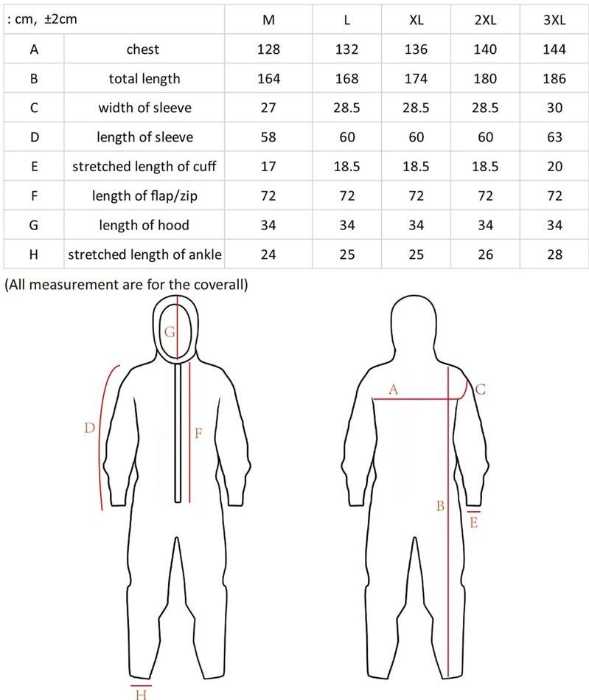
Pairing coveralls with the right extras
Build a full cleanroom set:
- Hood ou cagoule for hair and neck
- Couvre-chaussures ou overboots for floor control
- Sleeve covers for wet or messy steps
- Beard nets for face hair control
- Gloves et masques based on the task
These items work with your white disposable coveralls to keep particules down.
Helpful product paths for cleanroom buyers
- For daily use in white, see the white disposable coveralls.
- For ESD and dust control, try anti static disposable coveralls.
- For airflow plus barrier, use microporous cleanroom coveralls.
- For head and feet control, add a breathable disposable hood cover et shoe covers for clean rooms.

Quick checklist for cleanroom environments
- White, low lint, single use suits
- Hood, storm flap, elastic cuffset ankles
- Anti static option where needed
- Microporeux ou PP+PE pour splash zones
- Full taille range for staff
- Clear donning et doffing steps
- FIFO stock and clean waste plan
- Fast visual checks for stains or soil
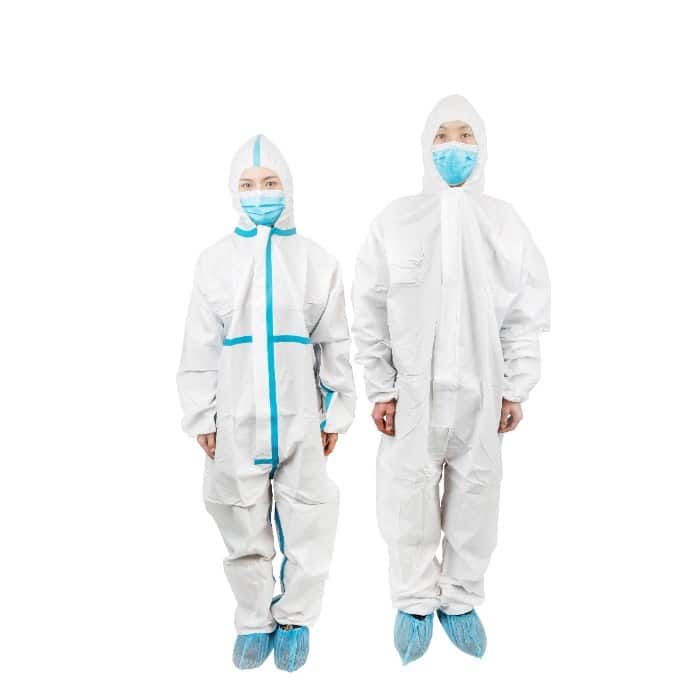
Bottom line
White disposable coveralls in cleanroom work because they are simple, clear, and effective. The white color supports fast visual control. Les single use design supports strong hygiene. Les low lint build protects your process from particules. With the right matériel, the right fit, and the right SOPs, your team can keep your cleanroom environments safe, steady, and on spec—shift after shift.



